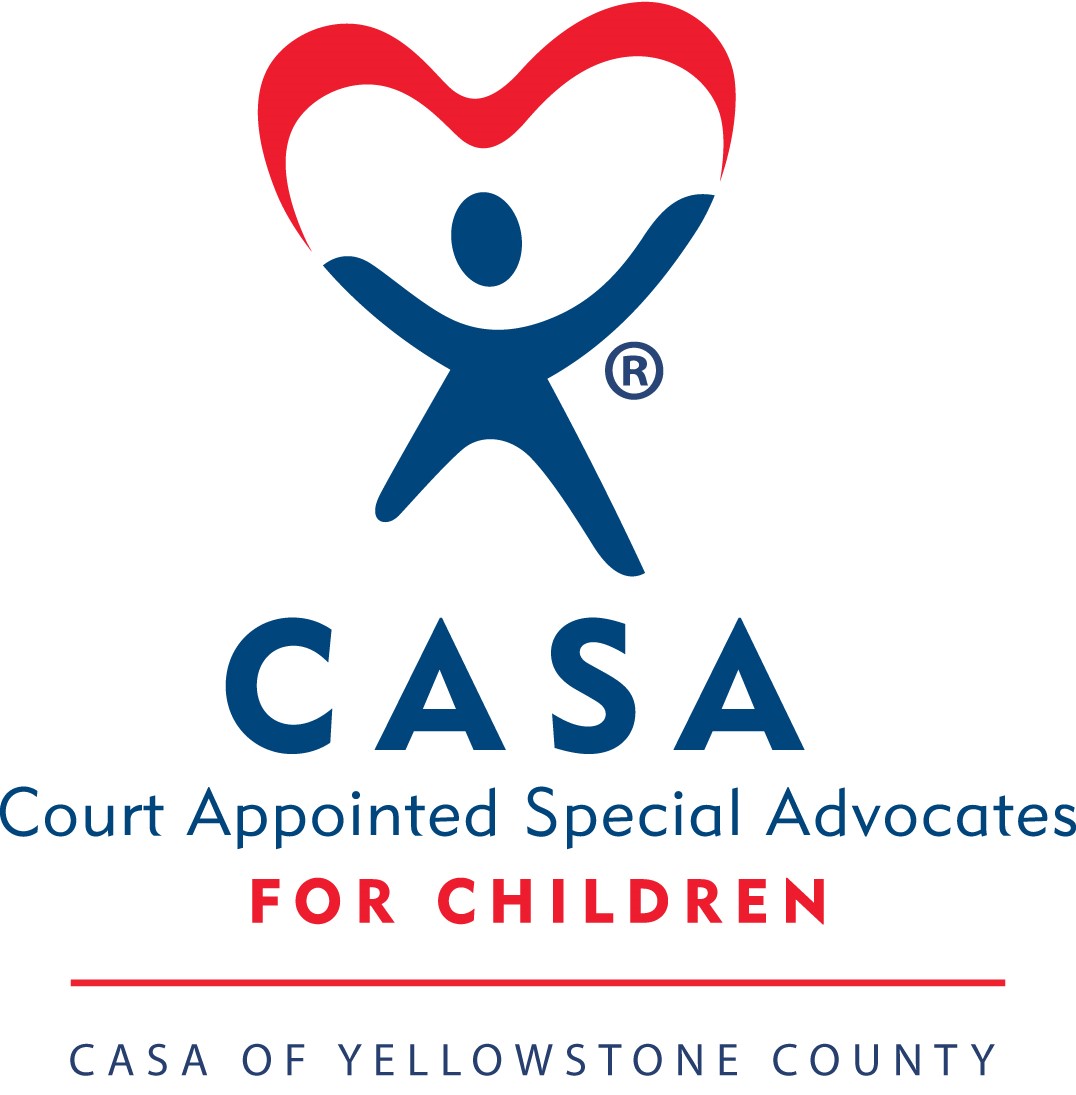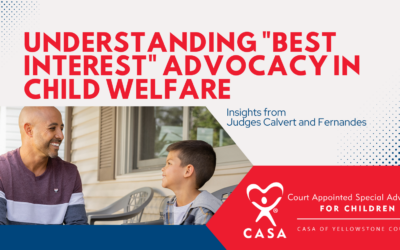
Photo by City of Billings MET Transit
Transportation is something that the average American utilizes daily to get to work, school, the grocery store, to run errands–we employ some form of transportation all the time without even thinking about it. Montana, particularly the city of Billings, faces unique challenges when it comes to public transportation. Billings, which was never designed to be a walking city, has become increasingly suburbanized and spread out in recent years, making it even more difficult to get to your destination on time if you’re not driving a car. There is not a large variety of public transit to choose from, so the city relies heavily on one mode of transportation: the city bus system. Access to transportation is an issue that often comes up when discussing barriers to resources for children and families in the Billings community, particularly for residents who are low income or those who do not own a vehicle. Many parents who have had children removed from their care and placed into the foster system may not have a license, or vehicle of their own. Their access to reliable transportation, or lack of it, could be a serious obstacle to successfully completing the treatment plan they must work through to be reunified with their children.
Consider some things a parent might need to go through to complete a treatment plan; they may have court hearings, therapy sessions, treatment plan check-ins, visits with their children, or substance use testing–not to mention maintaining a steady income and safe housing to successfully complete a treatment plan. And these are not one-time commitments but frequent occurrences. How are they able to navigate all of that while relying on public transportation? If you’ve never had to rely on public transportation as your solitary mode of conveyance, here are some factors to consider:
- Weather, especially cold weather is always significant in Montana. You may be waiting outside for a bus in sub-zero temperatures in the winter months. This is especially challenging if you don’t have adequate winter clothing, if you are elderly or have a disability, or if you’re waiting with children. And what if the bus gets delayed because of bad roads? What important obligations are you missing? And how many times are you allowed to be late to work before your employment is in jeopardy.
- Commute time is another factor to consider. If you rely on the bus system to get to work every day, you will have a much longer commute to and from work than someone with a car. This means less personal time and less time spent at home with your children and family. It could contribute to other challenges such as an inability to shop regularly for groceries and transporting kids to and from school or daycare. People who utilize public transportation are also more exposed to germs and illness than the average person who drives their own car, putting them more at-risk to get sick and miss work, school, or other important responsibilities.

- Many bus systems, including in Billings, only run in certain areas of the city. When that is the case, you may have to walk a distance to even get to a bus. Buses stop running at a certain time in the evenings, and weekend public transit may be limited or nonexistent. This poses a challenge if you work late shifts or weekends. Spending large amounts of money on Uber or taxis regularly is unsustainable. Do you have reliable access to food on the weekends? What if your nearest grocery store is 20 blocks away? Are you walking to get groceries and having to haul them home?
- People who use public transit may have to rely on family members, partners, friends, or neighbors to provide them with rides when public transportation is not an option. But what if the people you are relying on to give you rides are also the people who encourage you to use substances with them, or enabled the decisions that led you to your children being removed from your care? A lack of transportation is so much more than an inconvenience; it often means relying on people who are unsafe, poor influences, or are putting you and your children in dangerous situations. When trying to recover from a substance addiction, it is always encouraged to distance yourself from the people who enable or encourage using, or other unhealthy habits, as well as those who provided you with substances. If your family members are still using substances, or your friends and neighbors are those who encourage you to fall back into patterns of addiction, then relying on them for transportation can be problematic.
These are just a few examples of what people may face when they are  reliant on public transportation. As with many complex social issues today, there is not one solution to this problem. Transportation is only one of the resource deficits that people in poverty or addiction may be facing. Although transportation should never be the main reason that someone is not able to complete a treatment plan, it is important for service providers and social service agencies to help parents overcome some of these barriers. Social workers in Billings frequently go out of their way to help parents access bus passes or accommodate schedules with their treatment plans. Although the main focus on a case for a Court Appointed Special Advocate is the children, CASAs can still help facilitate communication between parents and social workers–particularly when barriers such as transportation arise. In addition, as Court Appointed Special Advocates, we should not assume parents don’t care if they aren’t showing up to scheduled meetings. Perhaps there are transportation factors which are preventing them from showing up. While social agencies cannot solve every problem, by working with parents to find resources to help, we can make a significant impact. When we step outside our own assumptions and put ourselves in others’ shoes, we may be surprised at the challenges they face that we have never considered.
reliant on public transportation. As with many complex social issues today, there is not one solution to this problem. Transportation is only one of the resource deficits that people in poverty or addiction may be facing. Although transportation should never be the main reason that someone is not able to complete a treatment plan, it is important for service providers and social service agencies to help parents overcome some of these barriers. Social workers in Billings frequently go out of their way to help parents access bus passes or accommodate schedules with their treatment plans. Although the main focus on a case for a Court Appointed Special Advocate is the children, CASAs can still help facilitate communication between parents and social workers–particularly when barriers such as transportation arise. In addition, as Court Appointed Special Advocates, we should not assume parents don’t care if they aren’t showing up to scheduled meetings. Perhaps there are transportation factors which are preventing them from showing up. While social agencies cannot solve every problem, by working with parents to find resources to help, we can make a significant impact. When we step outside our own assumptions and put ourselves in others’ shoes, we may be surprised at the challenges they face that we have never considered.
As a community member, you should be aware that people living in poverty don’t always have access to regular transportation, which can lead to other issues such as lack of groceries in the home, an inability to get kids to school on time, an absence of safe people to provide rides or child care, and more. Resource deficits are almost always co-occurring and can seriously impact the lives of children and families. The resiliency of our community and our ability to thrive will be made or broken by how willing we are to step outside of our own comfort zones to find creative solutions to serious issues.
Emily Gaudreau is the Administrative Assistant for CASA of Yellowstone County.





